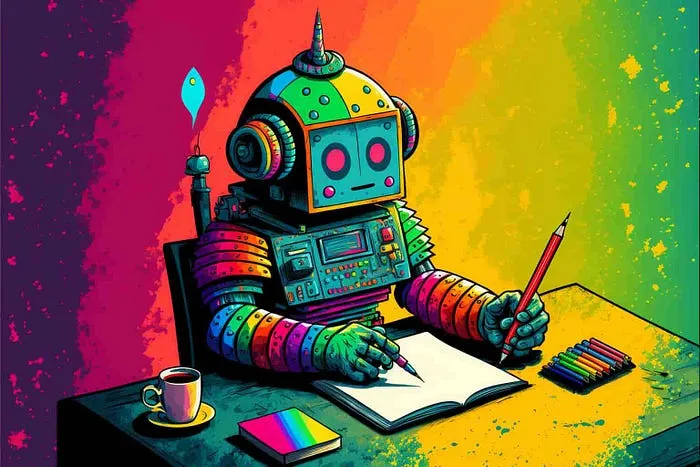The rising popularity of large language models and AI chatbots has led to an influx of auto-generated text flooding the internet. The proliferation of AI-written content has made it increasingly difficult to differentiate between AI-generated text and human writing. To tackle this challenge, OpenAI, the creator of prominent language models like ChatGPT and GPT-4, unveiled a classifier earlier this year designed to distinguish between text written by humans and text written by AI systems from various providers.
However, after less than seven months, OpenAI decided to shut down the AI classifier due to its low accuracy. In a recent blog post, the company acknowledged that it is challenging to reliably detect all AI-written text, but good classifiers are crucial for addressing problematic situations such as false claims that AI-generated text is human-authored, automated misinformation campaigns, and academic cheating using AI tools.
The implications of OpenAI’s inability to spot AI writing are far-reaching. If AI-generated content becomes indistinguishable from human-written content, it can significantly impact the world of online information. Some spammy websites already churn out automated content using new AI models, which has resulted in ad revenue and the dissemination of misinformation. Additionally, there is a concern among researchers about model collapse when AI-produced data inadvertently trains new models. This phenomenon occurs when AI models rely heavily on their own generated content and lead to irreversible defects in subsequent models.
Researchers have highlighted the significance of data collected from genuine human interactions with systems, particularly as AI-generated content becomes more prevalent in data scraped from the internet. Without a reliable method to differentiate between human and AI writing, addressing these challenges becomes difficult.
The inability to identify AI-generated text raises crucial questions for the AI industry and the broader online community. OpenAI’s failed AI text classifier underscores the urgency of developing effective solutions to preserve the accuracy and credibility of information on the internet. It also highlights the importance of responsible AI model training to avoid model collapse and ensure the continued benefits of large-scale data collected from genuine human interactions.



